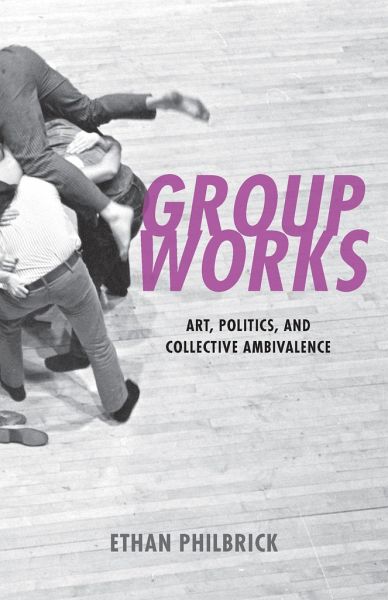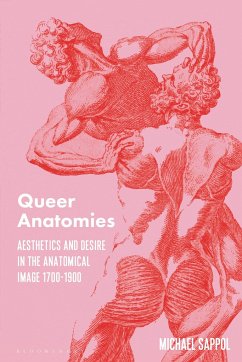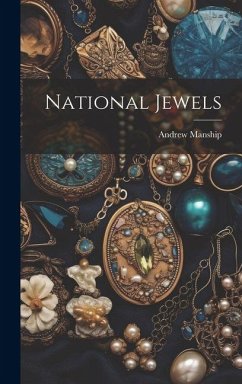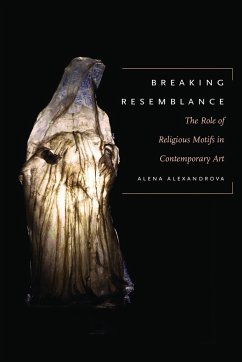
Group Works
Art, Politics, and Collective Ambivalence
Versandkostenfrei!
Versandfertig in über 4 Wochen
89,99 €
inkl. MwSt.
Weitere Ausgaben:

PAYBACK Punkte
45 °P sammeln!
"By analyzing works that articulate the politics of race, gender, and sexuality as questions of group formation, Philbrick approaches the group not as a stable, idealizable entity but as an ambivalent way to negotiate and contest shifting terms of associational life. Group Works presents an engaging exploration of what happens when small groups become a material and medium for artistic and political experimentation."--Amazon.com.













